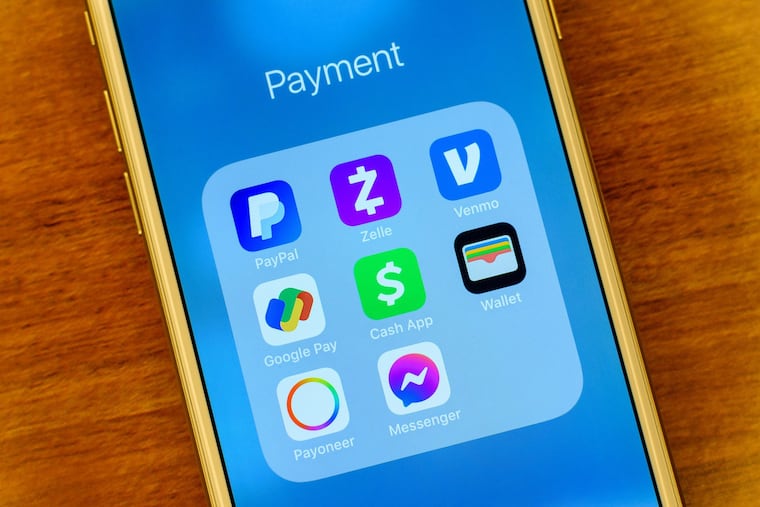Scammers love the holidays, too. Here’s how to protect yourself.
“There’s a season for every scam,” says one fraud expert. Here are some tips to identify potential risks.

Fraud experts say that scammers tailor their tricks to the holidays.
To steal your money, criminal grinches con you with bogus pleas for charitable donations or gift cards. Crooks entice you with holiday coupon links that hijack your bank account or let them order goodies from your online shopping accounts.
“There’s a season for every scam,” said John Haraburda, a director of product management at Transaction Network Services (TNS), whose technology verifies that business calls are legitimate.
You’re not to blame for being victimized by crime. But you can build your resilience against scams by honing these four self-protection tips.
If you’re prompted to click or call, don’t do it
It’s easy for criminals to make it look like an incoming phone call, email, or text message is from your brother, FedEx, or the local police department.
Be suspicious of every web link or phone call that you didn’t initiate. Overkill? Maybe. But your motto should be, always verify another way.
If you get a text message claiming FedEx is holding a package, don’t click a link or call a number listed there. (Digital security company Cloudflare said there’s been an increase in scam attempts posing as package delivery notices.)
Find the FedEx website, app, or customer service number on your own and then type in the tracking number from the text.
If you get an email that seems to be from your human resources department with a link to contribute to a holiday gift drive, don’t click the link or reply to the email. Separately find contact information for HR and make sure they sent it.
Never pay in a weird way
Reputable companies and government agencies won’t ask you to make payments by cash, gift cards, cryptocurrency, or personal payment apps like Zelle, Venmo, or Cash App.
Don’t pay an organization like a bank or cell phone company over the phone or in an online chat, unless you initiated the call or chat.
If a customer support person asks you to download software to your computer or hand over an account password or confirmation code, that’s likely a scam.
It’s a red flag if you feel scared or pressured to meet a deadline
Scammers specialize in eliciting fear or the thrill of a great deal. It’s difficult to fight your instincts, but it’s a self-preservation measure to slow down when you feel emotional.
If a caller claims there’s an emergency with your bank account or a fraud attempt on your Amazon account and they ask for money or information like your password, take a minute and verify the information, as in tip No. 1.
Doriel Abrahams, principal technologist with the fraud prevention firm Forter, also said criminals appear to be using artificial intelligence to generate mass messages pretending to offer big discounts.
Stop before you click on what could be a bogus holiday coupon that swipes your credit card details or account information.
Verify the deal another way. Use the company’s app or website to see if you can find the discount. Or search Google or Reddit to see if people are talking about the deal.
Talk to someone you trust
If you’re asked to hand over money or give out personal information like your children’s names or bank password, talk to another human first. You can gut check the request, plus it buys time for your instincts to kick in.
“Talking to someone else takes you out of the loop that the fraudster is trying to keep you in,” Abrahams said.
Practice white lies if you need to wriggle out of conversations. Try, “Someone is at my door. I’ll call you right back.” Or say that you need to feed your baby or dog.
Here’s some good news
Technology and legal protections are making life tougher for scammers.
A technology system known as STIR/SHAKEN is helping stop con artists from using numbers that mimic those of legitimate businesses. TNS said that’s helped cut the number of suspected spam or scam robocalls from roughly 107 billion in 2019 to 68 billion in the past year. (Yes, that’s still far too many.)
Soltani from the California privacy agency said that he’s encouraged by recent regulatory crackdowns and laws, including in his state, to limit companies from harvesting and selling your data.
The less personal information that criminals can buy or steal — including your Social Security number, address, and phone numbers — the fewer opportunities they have to personalize their scams.